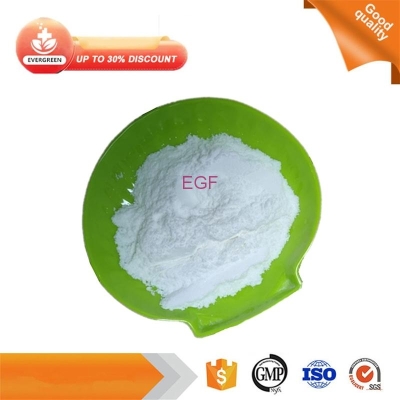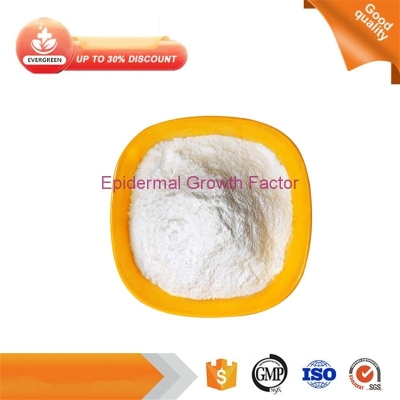-
Categories
-
Pharmaceutical Intermediates
-
Active Pharmaceutical Ingredients
-
Food Additives
- Industrial Coatings
- Agrochemicals
- Dyes and Pigments
- Surfactant
- Flavors and Fragrances
- Chemical Reagents
- Catalyst and Auxiliary
- Natural Products
- Inorganic Chemistry
-
Organic Chemistry
-
Biochemical Engineering
- Analytical Chemistry
- Cosmetic Ingredient
-
Pharmaceutical Intermediates
Promotion
ECHEMI Mall
Wholesale
Weekly Price
Exhibition
News
-
Trade Service
Non-alcoholic fatty liver disease (NAFLD) is a growing health problem, affecting
an estimated 25% of the world's population.
Non-alcoholic fatty liver disease (NAFL) is the first stage of NAFLD, which refers to identifiable causes
such as the proportion of fat in the liver exceeding 5% and not drinking excessively.
NAFL may progress to nonalcoholic steatohepatitis (NASH), while NASH can progress to cirrhosis and hepatocellular carcinoma (HCC).
NAFLD can be difficult to diagnose and monitor, and there is currently no treatment
available.
Therefore, it is important
to identify potential drug targets and biomarkers.
Researchers from DeCODE published a research paper
in Nature Genetics entitled Multiomics study of nonalcoholic fatty liver disease.
The study identified DNA sequence variants associated with nonalcoholic fatty liver disease (NAFLD), including rare loss-of-protection variants
that point to potential drug targets.
Plasma proteomic analysis further reveals the pathogenesis of NAFLD
.
The results of this large genome-wide association study of nonalcoholic fatty liver disease (NAFL), cirrhosis, and hepatocellular carcinoma (HCC) were integrated
with expression and proteomics data.
Regarding NAFL, in addition to the proton density fat fraction (PDFF) extracted from 36,116 liver MRIs, the study used 9,491 clinical cases
in Iceland, the United Kingdom, the United States, and Finland.
Among the sequence variants the scientists found in Icelandic populations were rare, protective, predictable loss-of-function variants in MTARC1 and GPAM, suggesting inhibition of MTARC1 or GPAM or treatable NAFL or NASH
.
The study analyzed the levels of thousands of proteins measured in plasma, identified potential biomarkers of disease, disease progression, or target binding, and used proteomic data to build models
that distinguish fatty acids from cirrhosis.
Therefore, the findings provide a pathway
to develop non-invasive tools to assess and diagnose NAFLD.
In addition, by analyzing associations with 52 other phenotypes and traits, the study also explored the pleiotropy
of identified variants.
Body mass index (BMI) is one of the most common risk factors for NAFLD, and longitudinal PDFF measurements show that carriers of p.
ile148Met (a well-known NAFLD risk variable) in PNPLA3 are more susceptible to changes in BMI than non-carriers
.
This study is one of the largest to date on the basis of the NAFLD gene, and its findings are expected to help develop diagnostic tools or treatments to help people with
NAFLD.
Links to papers:






